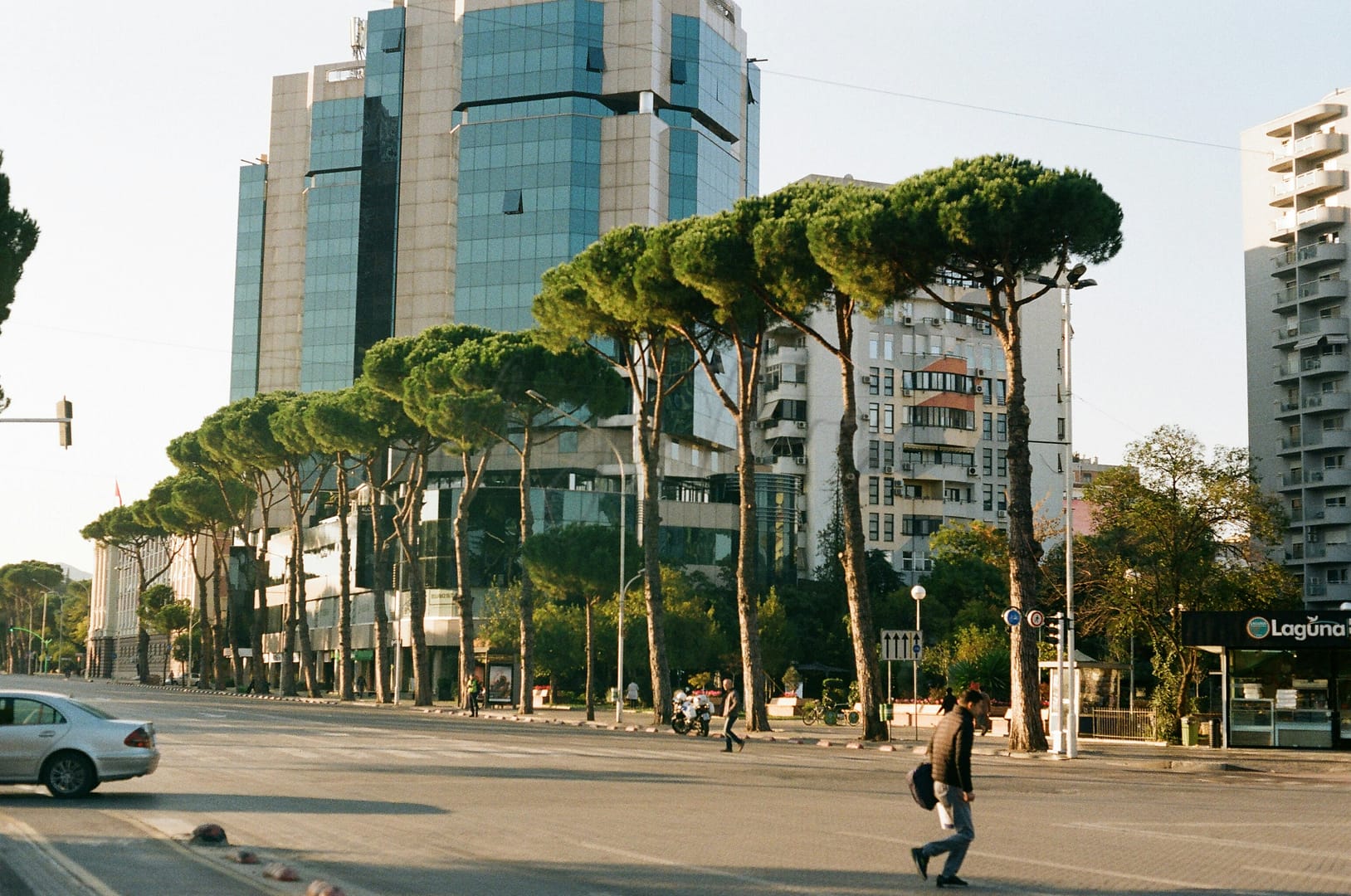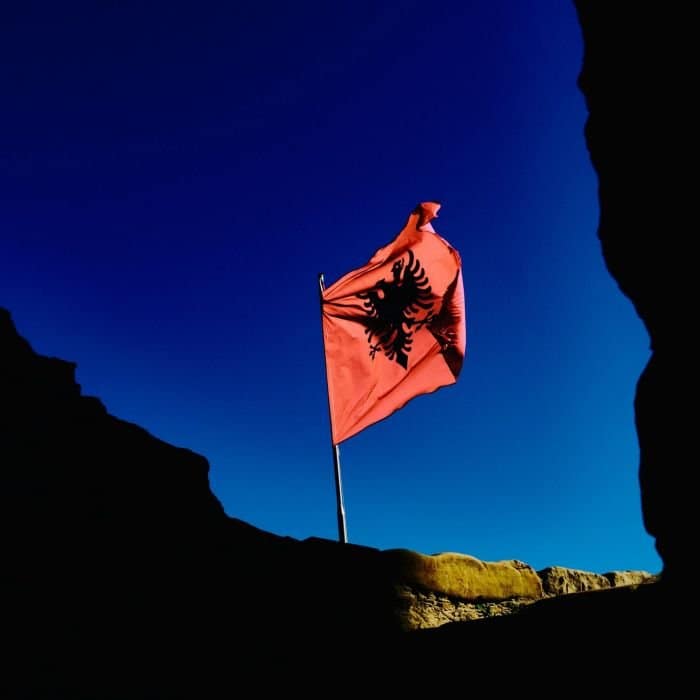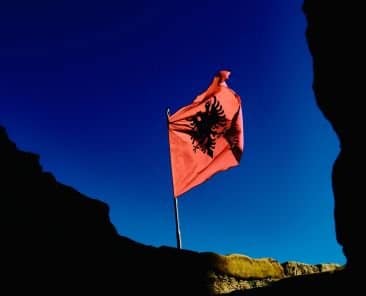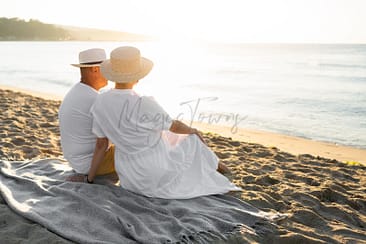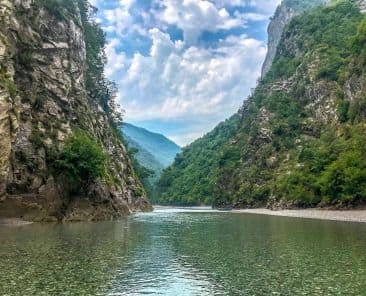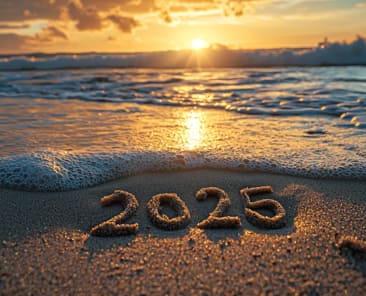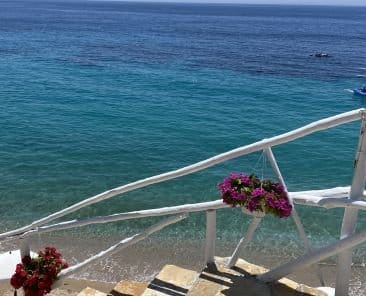Thinking about moving to Albania but still unsure why it’s the right choice for you? Don’t worry, we got you covered.
In this blog post, we’ll share all the basic but important information you need to know about the country and its people, making your relocation journey smooth and stress-free.
Let’s get started.
About Albania
Albania is a country in the Balkans that is bordered by the Adriatic and Ionian coastlines, with the city of Tirana as its capital. Albanians refer to themselves as ‘shqiptarë,’ meaning ‘sons of eagles’. They consider themselves to be descendants of ancient Illyrians.
Albania is about 210 miles (340 km) long and 95 miles wide. Almost 75% of the country is covered in mountains and hills, making it attractive for nature enthusiasts. Lovely summers and mild winters characterize the weather.
Albania is rather small, with a population of 2.778 million people. However, despite its size, the country’s traditions, history, culture, and hospitality are what make this country loved and appreciated by many.
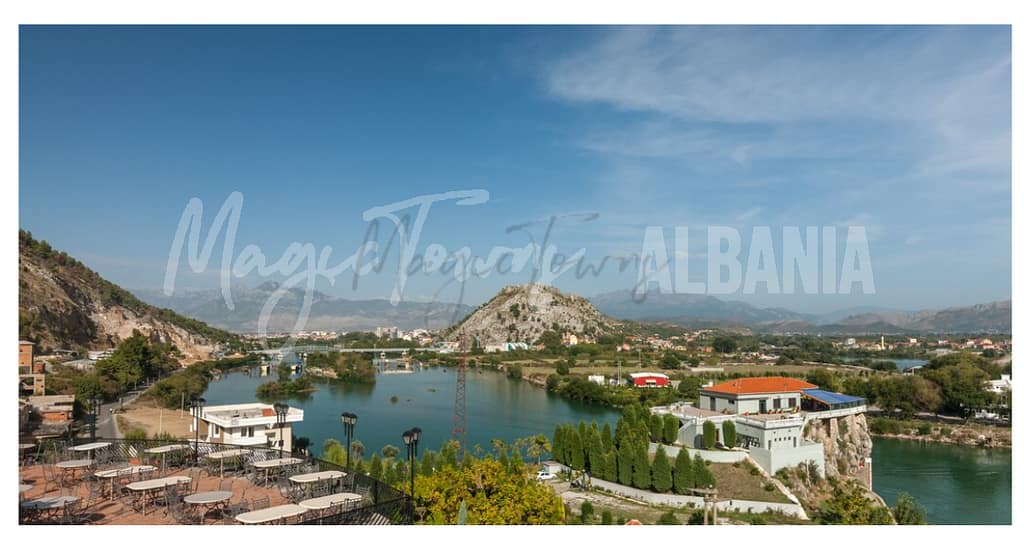
Cost of Living
Albania is cheaper to live in than most Western countries. The cost of living is 35.7% lower than in the United States, while rent is 71.1% lower on average. The country’s economy is based on service (54.1%), agriculture (21.7%), and industrial (24.2%) sectors.
The groceries are affordable; for example, a loaf of bread costs about $1, and a carton costs around $1.7. Dining out is also inexpensive, especially for those accustomed to the higher living costs of other Western countries.
You might also find insightful: Is Albania Affordable for Expats?
Housing
Renting an apartment in Albania varies depending on the city and the location. Other factors that impact its cost include whether you live alone, with family, or roommates.
In Tirana, the capital, studios start at $300 on average, while standard apartments typically start at $500. In higher-end neighborhoods, prices are even higher.
In coastal cities like Durrës, rates are usually between $300 to 500 monthly for a two-bedroom apartment.
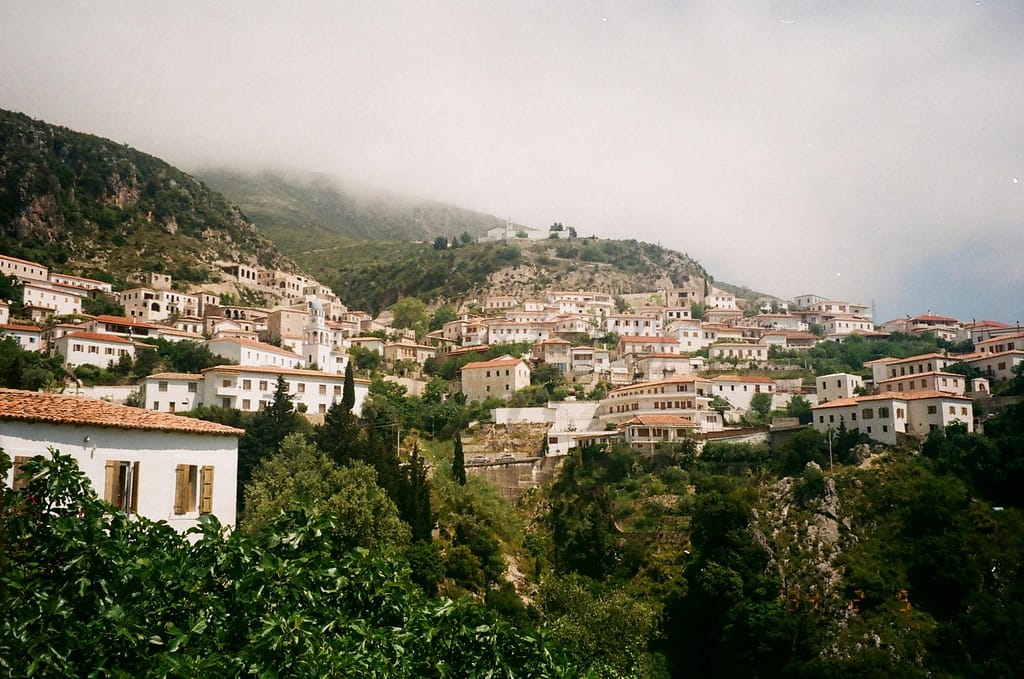
Culture and Lifestyle
Albanian culture is a mix of old traditions and modern ways of life. Family is very important, and hospitality is a big part of daily life. People are super friendly and welcoming.
Traditional music, dance, and cuisine play a significant role, while the lifestyle balances the Mediterranean pace of living with growing urban development, especially in cities like Tirana.
Also, the country’s economy has been increasing incessantly over the past few years, making it one of the fastest-growing economies in Europe. New projects are constantly being developed, and there’s a lot of room for future investments in the country.
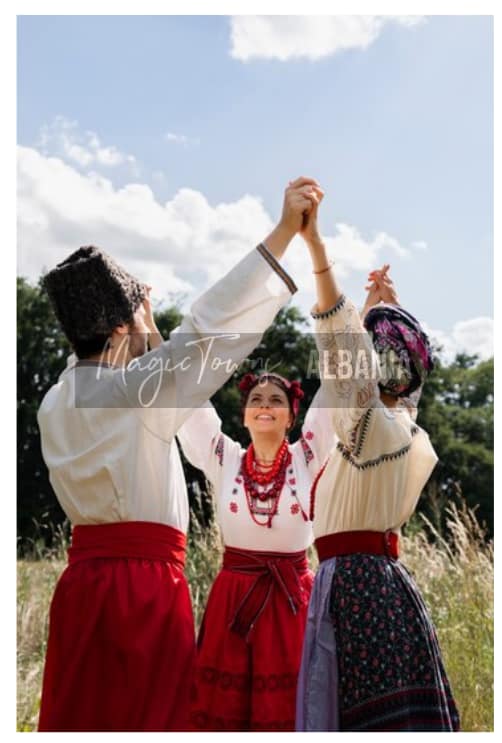
Work and Education
The country’s job market is still developing and most of the opportunities lie in agriculture, services, and now the tourism sector (mostly in rural areas).
The minimum wage is around $440 per month and the average salary is around €724 to €900. Some of the Albanians are self-employed or working in small businesses, and some others are employed for a local or international company.
On the other hand, the education system has undergone many reforms since the 1990s to improve the accessibility and quality of the education provided. Primary education is free and compulsory from the age of 6 to 16.
The country’s most prominent university is Tirana University. Overall, education is still not up to par, especially compared with the Western countries. However, the emphasis is on improving the standards of education so that it aligns with the European Union norms.
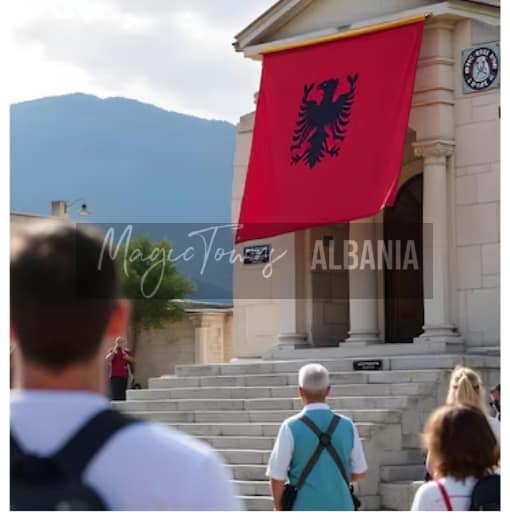
Healthcare
The healthcare sector of the country is divided into three sectors; primary health care, secondary health care, and tertiary health care. The facilities are limited and the healthcare system is mostly public. Approximately 413 public healthcare clinics provide primary and secondary health care while 42 public hospitals offer tertiary healthcare.
The private sector is getting more popular now with 13 private hospitals providing pharmaceutical and dental services which are mostly not available in public hospitals. The growth is impressive with diagnostic clinics and labs offering a wide range of medical services.
Safety and Security
The country attracts many tourists for its beautiful scenery, but better safe than sorry. The city’s crime index is 45.4, almost the same as Canada’s but still less than that of the other Western cities. The capital of the country, Tirana, is considered to be safe for both locals and tourists, and the city’s crime rate is lower than that of many Western capitals.
Drinking water is generally treated and monitored for safe drinking from public taps. Though, in rural areas, safety can be less reliable.
Language and Communication
The Albanian language is known as ‘shqip’ or ‘gjuha shqipe’. It is a descendant of the extinct Illyrian tongue. There are two main dialects; one is Geg spoken in the northern part and the other is Tosk spoken in the southern part.
For the most part, Albanians are direct but when delving into deeper topics they beat around the bush. As said before, Albanians uphold family ties and try to maintain a positive image regarding their family and bury anything shameful or bad.
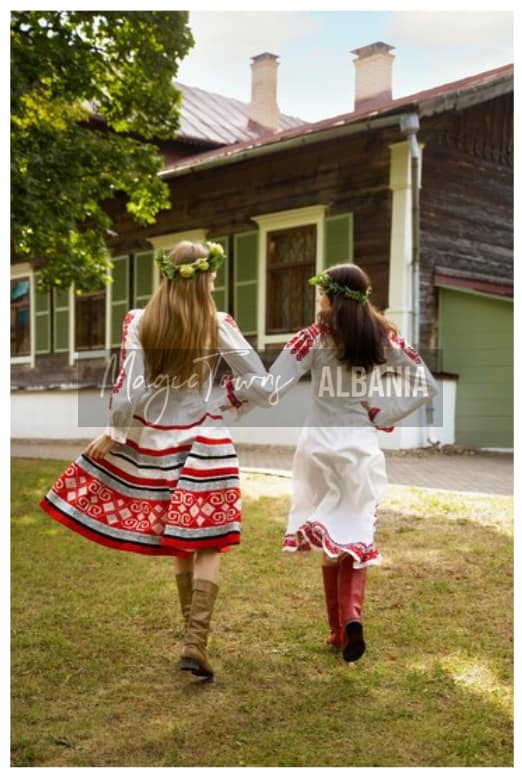
Transportation
Public transport is inexpensive. The monthly ticket price for buses is around $16, depending on the bus line. However, buying a car can be very expensive. The gas prices soar to about $1.90 per liter.
The capital is linked to other major industrial centers by rail, and the road network has been extended over the years, even to remote villages in the mountains, but the surface quality is poor. The leading port is in Durrës on the Adriatic Sea, and the main air hub is in Tirana.
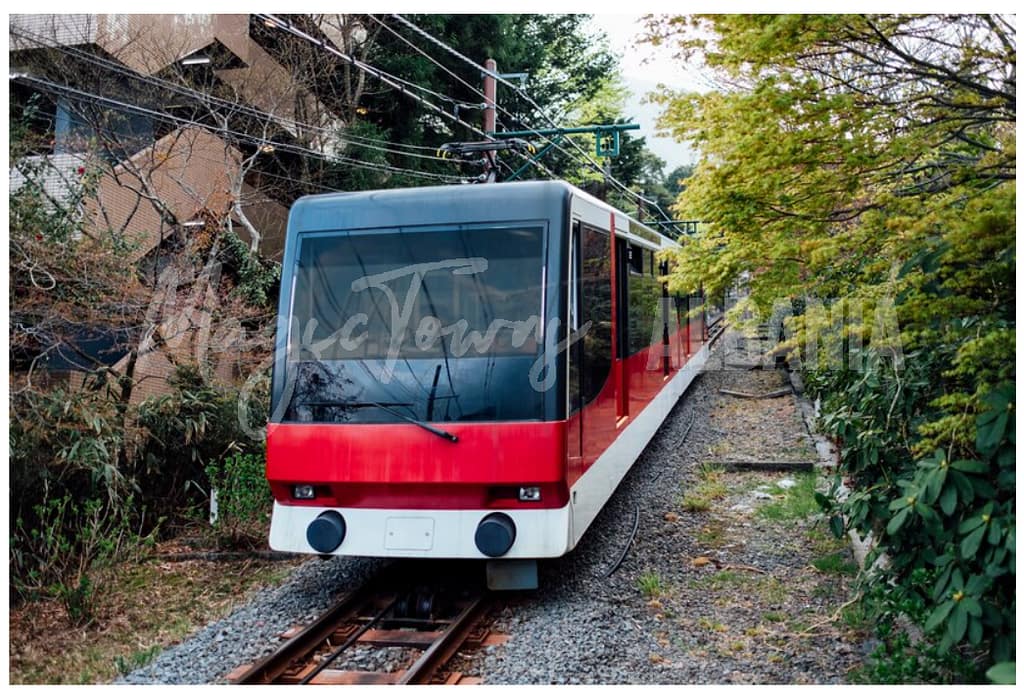
Expat Community and Social Life
Albania attracts people due to its natural beauty and affordable cost of living. The expat community is not as big as it is in other European countries but it is supportive and tight-knit.
Some expats work in NGOs, while others are digital nomads, retirees, and entrepreneurs. The social life is vibrant and the social gathering usually revolves around family and close friends.
People enjoy relaxing in cafes and the nightlife is lively, especially in the capital with modern bars and a mix of traditional taverns.
Conclusion: Albania is Affordable and Beautiful
Overall, Albania is a good country to live in because of its affordable cost of living and mesmerizing beauty. However, these are not the only reasons why a lot of people have fallen in love with this country. The friendly, warm-hearted, and welcoming atmosphere says a lot about the community here. Albanians focus on maintaining their family ties and keeping up a positive image. They are always eager to help and socialize at any time.
Plus, other benefits come with living in Albania. For example, transportation and food are cheap, making the country ideal for young people and tourists. The culture and history are rich, perfect for those who enjoy exploring a new country’s past.
‘Restoreman’, an expat we had the pleasure to interview, summed up his experience in Albania and said, “Albanians, in general, are the friendliest and most helpful I have ever encountered in all of my travels. Life here is slower, and enjoying a coffee and a chat for two hours unhurried is its reward. Come to Albania with an open mind, and it can be a great experience. There is much to see and do, from mountains to the coast, and you will always have a great story to tell later on”.
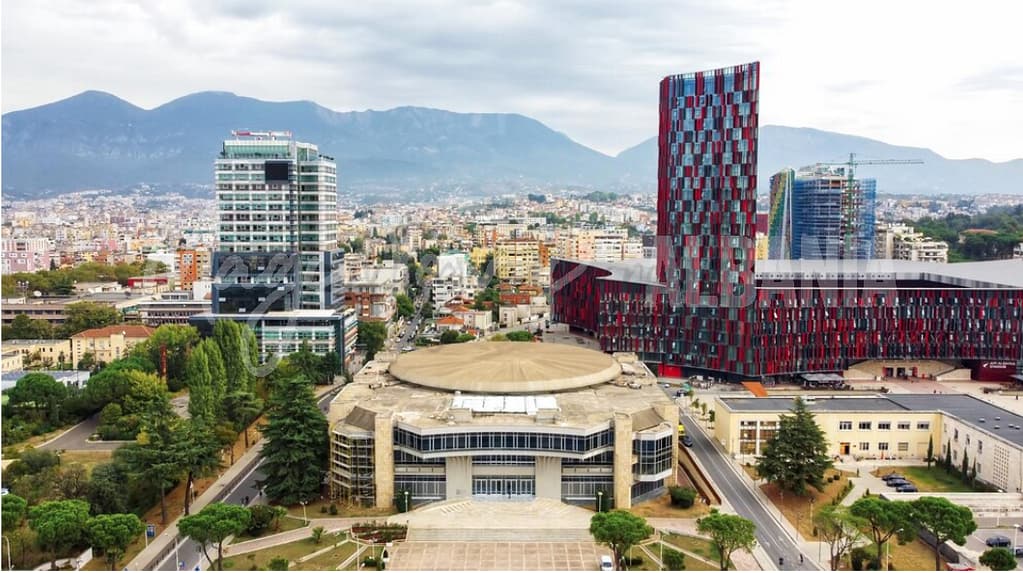
References
https://www.britannica.com/place/Albania/Economy
www.worldnomads.com/travel-safety/europe/albania/albania-crime-scams
https://www.trade.gov/healthcare-resource-guide-albania
https://www.travelsafe-abroad.com/cost-of-living/albania
https://www.numbeo.com/cost-of-living/country_result.jsp?country=Albania
https://www.expat.com/forum/viewtopic.php?id=264763
-

Sara embodies the definition of creativity in her role as a content creator on our team. As a native Albanian, she focuses on writing qualitative pieces, mostly well-researched articles and informative blog posts. She also plays a key role in creating engaging social media posts to build a like-minded community of Albanian lovers and keep them engaged. Her qualifications, among others, include a Reuters-accredited certificate in journalism, language certification, internship experience in Bucharest, and training in digital marketing. If Sara’s not on her desk creating content, you might find her reading a good book or penning her thoughts in her diary.
You can also find her words on Momentum Group, Bulls Media Albania, 112hub, and Ajroni.

